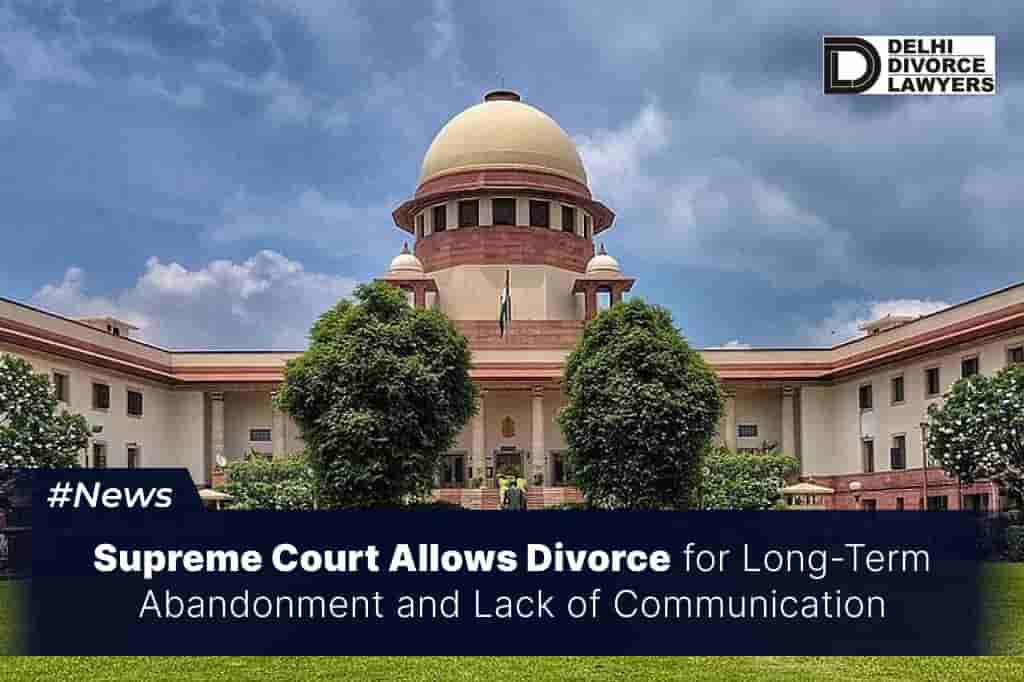Using its broad powers granted by Article 142 of the Constitution, the Supreme Court can end a marriage when one spouse has left the other for a long time and refuses to try to make things right. In the case of Prakashchandra Joshi, who has lived apart from his spouse since February 2011, the Court has decided to grant a divorce.
In a recent decision, the Supreme Court of India said that when a spouse leaves for a long time and doesn’t respond to attempts to fix things, it’s a good reason to end the marriage. So, the Court is using its powers under Article 142 to dissolve the marriage.
Even though both the trial court and the Bombay High Court disagreed, a group of judges led by Justices B R Gavai and Prashant K Mishra has given Prakashchandra Joshi a divorce. This decision comes from Mr. Joshi being separate from his wife since February 2011.
To decide on the divorce based on the marriage falling apart, the Supreme Court carefully looked at the details of the case. They found that the husband tried to fix things in 2011 after his wife moved to Canada, but she didn’t respond. Later, the husband gave up on fixing things and asked for a divorce because of the abandonment. The trial court and the Bombay High Court said no, so the husband asked the Supreme Court to help, and they agreed.
Justices Gavai and Mishra said, “We see that the parties have been residing separately since Feb 2011 and there has been no contact whatsoever between them during this long period of almost 13 years. The wife is not even responding to the summons issued by the courts. It seems she is no longer interested in continuing the marital relations with the husband. Therefore, we have no hesitation in holding that the present is a case of irretrievable breakdown of marriage as there is no possibility of the couple staying together.”

